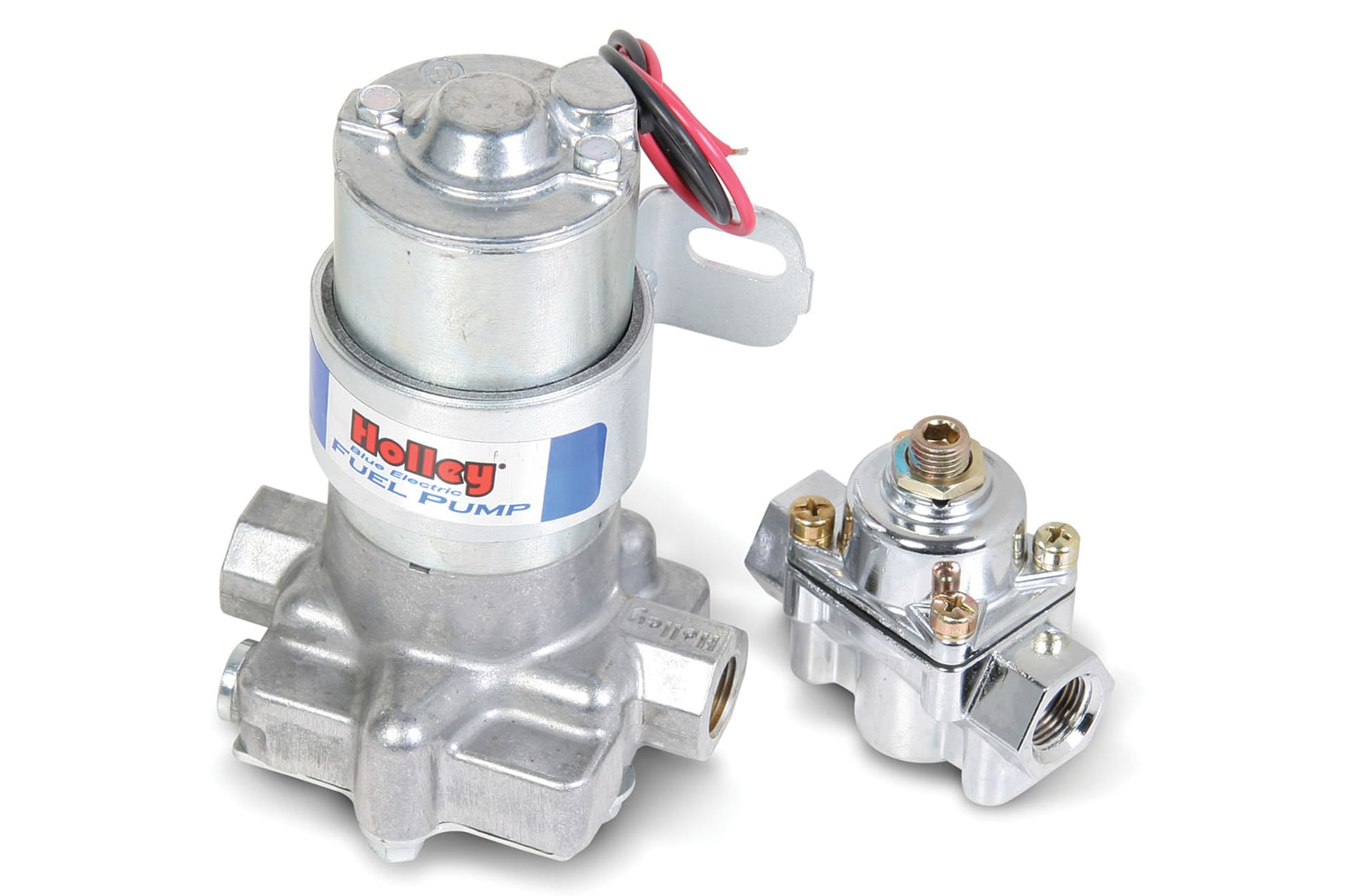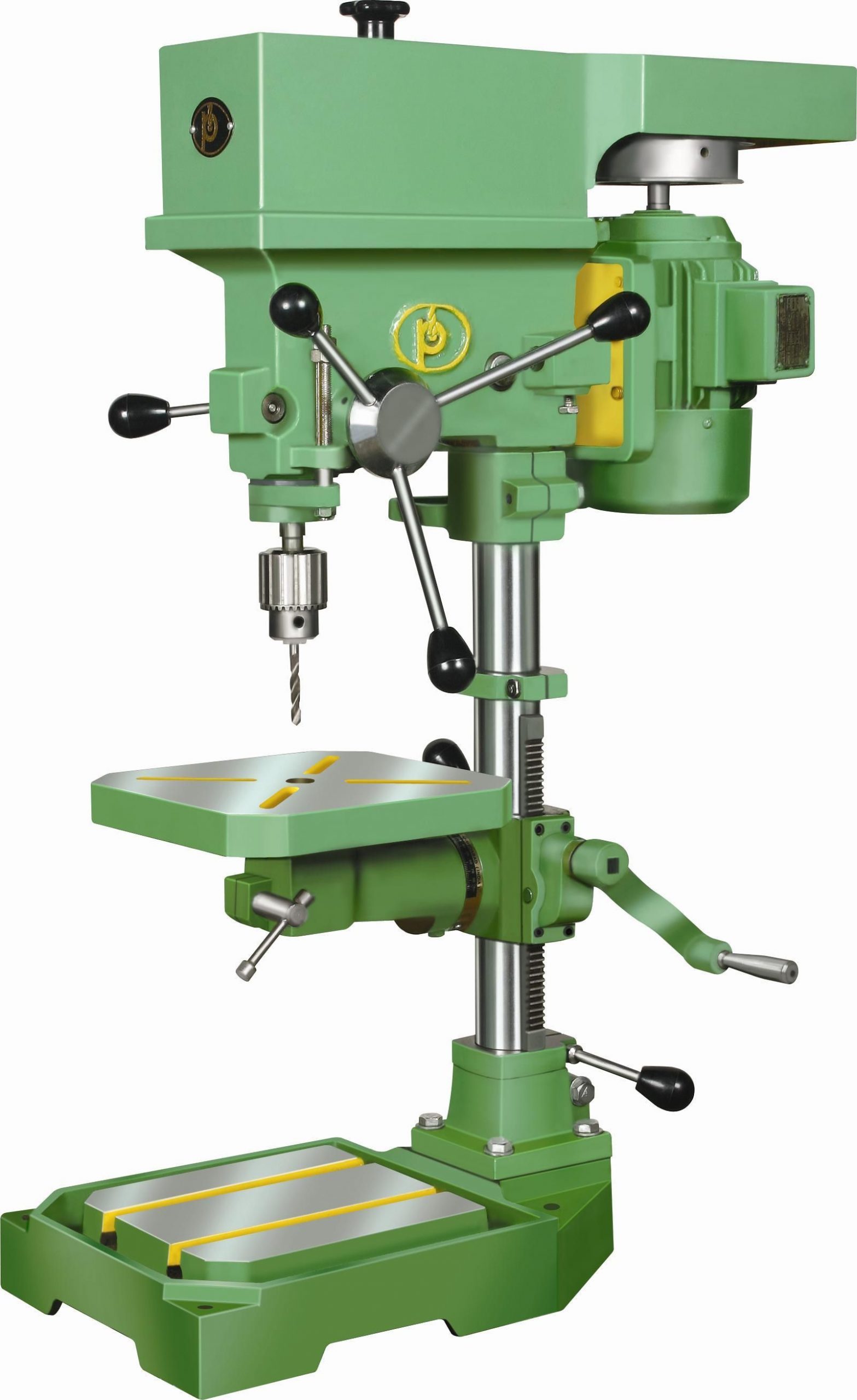Fuel pumps play a crucial role in the efficient functioning of both petrol and diesel systems. While they serve the same purpose of delivering fuel to the engine, there are significant differences in their design, operation, and performance. In this blog post, we will delve into the intricacies of fuel pumps, exploring how they differ between petrol and diesel systems.
- Fuel Pump Design:
Petrol System: In petrol systems, the fuel pump is typically located inside the fuel tank. It consists of an electric motor, an inlet, an outlet, and a pumping mechanism. The pump draws fuel from the tank, pressurizes it, and sends it to the engine.
Diesel System: Unlike petrol systems, diesel fuel pumps are usually external to the fuel tank. They are commonly known as high-pressure fuel pumps and are driven by the engine's camshaft or a separate drive shaft. Diesel pumps generate significantly higher pressures to overcome the higher compression ratios in diesel engines.
- Operation:
Petrol System: Petrol fuel pumps operate at a lower pressure compared to diesel pumps. They maintain a constant flow rate, ensuring a steady supply of fuel to the engine. The electric motor inside the pump is controlled by the engine's electronic control unit (ECU), which adjusts the fuel flow based on engine demand.
Diesel System: Diesel fuel pumps operate at much higher pressures to atomize the fuel properly. They are equipped with precision injectors that deliver fuel directly into the combustion chamber. The pump's operation is synchronized with the engine's timing, ensuring precise fuel delivery during each combustion cycle.
- Performance:
Petrol System: The lower pressure and constant flow rate of petrol fuel pumps contribute to smoother engine operation and quieter performance. However, they may struggle to deliver fuel efficiently at high engine loads or when the fuel tank is low.
Diesel System: Diesel fuel pumps, with their high-pressure delivery, provide better atomization and combustion of fuel, resulting in improved power output and fuel efficiency. They are better suited for heavy loads and towing applications. However, diesel pumps can be noisier due to the higher pressures involved.
Conclusion:
Understanding the differences between fuel pumps in petrol and diesel systems is essential for maintaining and optimizing the performance of vehicles. While petrol fuel pumps focus on maintaining a steady flow rate, diesel fuel pumps prioritize high-pressure delivery for efficient combustion. By comprehending these distinctions, vehicle owners and technicians can make informed decisions regarding fuel system maintenance and troubleshooting.



